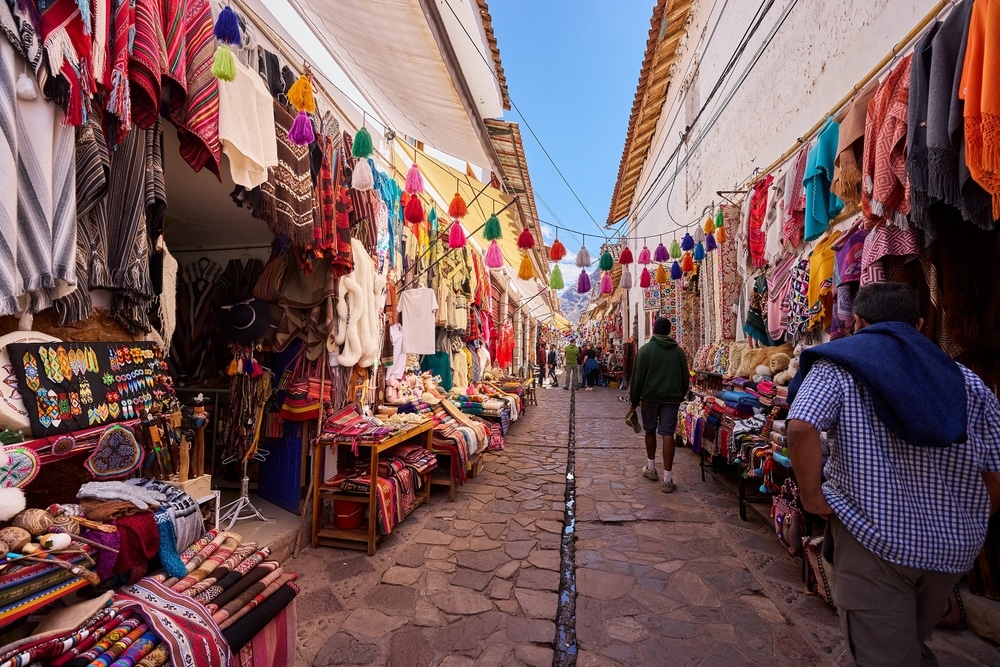Phone
832-979-3573
Traditional markets are vibrant, bustling centers of commerce and community, where the pulse of local life can be felt in every corner. These markets, often steeped in history and tradition, offer a unique opportunity to experience the sights, sounds, and flavors of a region in a way that few other places can. Whether you’re navigating the narrow alleyways of a centuries-old bazaar, haggling with vendors over fresh produce, or discovering handmade crafts and local delicacies, traditional markets provide a sensory feast that captures the essence of a community’s culture and way of life.
Visiting a traditional market is more than just a shopping trip; it’s an immersion into the daily rhythms of life in a particular place. These markets are where locals come to buy their groceries, socialize with neighbors, and celebrate the rich diversity of their culinary and cultural heritage. Whether you’re exploring the sprawling souks of the Middle East, the lively street markets of Southeast Asia, or the colorful open-air markets of Latin America, traditional markets offer a window into the soul of a community. Let’s explore the allure and significance of these dynamic marketplaces that continue to attract and enchant travelers from around the world.
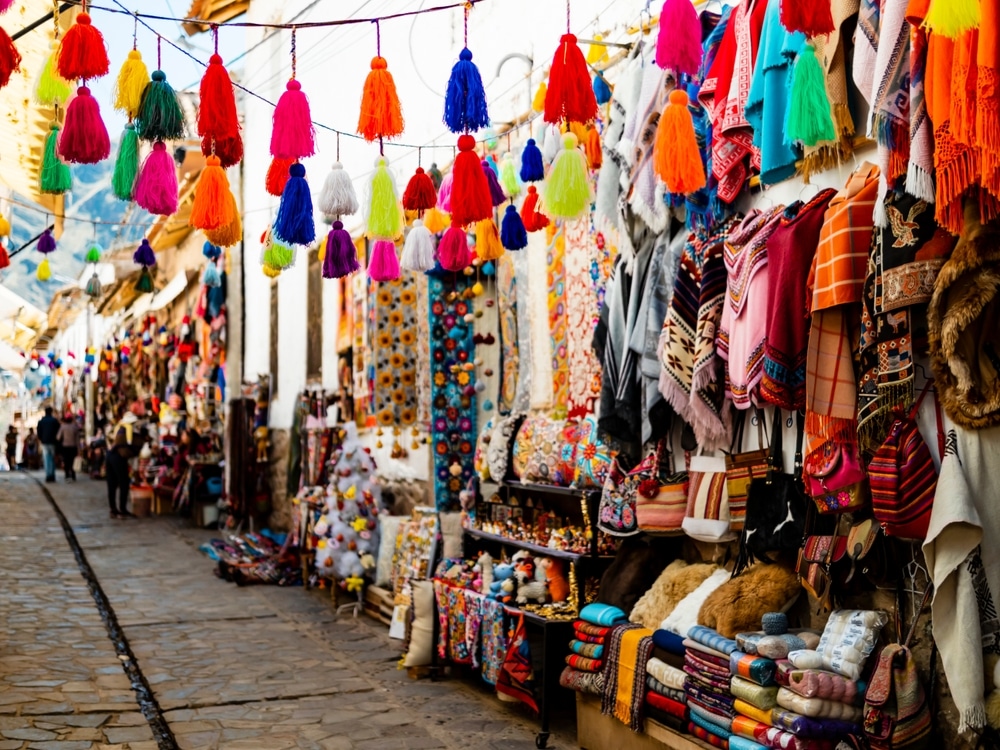
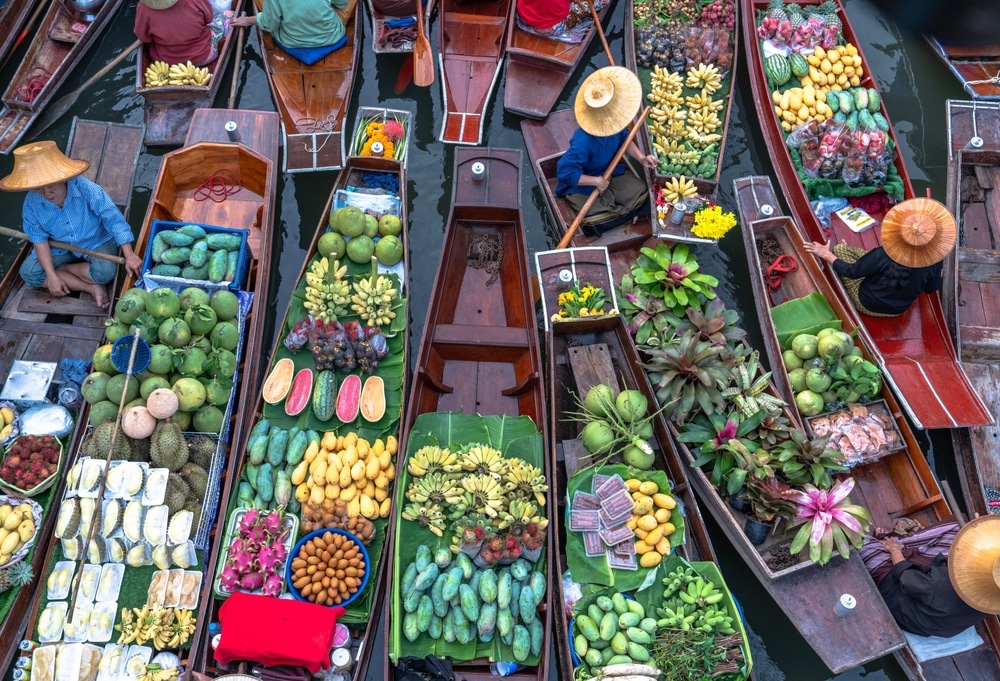
Traditional markets are deeply embedded in the cultural and historical fabric of the communities they serve. Many of these markets have been in operation for centuries, evolving over time but retaining their essential character and importance. They often occupy central locations within cities and towns, serving as hubs of economic activity and social interaction. Whether it’s the Grand Bazaar in Istanbul, with its labyrinthine network of shops and stalls, or the floating markets of Thailand, where vendors sell goods from boats on the river, traditional markets are integral to the identity and history of their regions.
These markets are not just places of commerce; they are living museums, where the traditions, crafts, and culinary practices of a community are preserved and celebrated. By visiting a traditional market, you can learn about the history of the region, discover local specialties, and witness the skills and craftsmanship that have been passed down through generations. Whether you’re admiring the intricate designs of Moroccan carpets, tasting the bold flavors of Indian spices, or marveling at the vibrant textiles of a Peruvian market, these experiences offer a deeper understanding of the cultural significance of traditional markets and their role in shaping the identity of a community.
Traditional markets are a sensory delight, filled with the sights, sounds, and smells that make each one unique. The vibrant colors of fresh produce, the rich aromas of spices and street food, and the lively chatter of vendors and customers create an atmosphere that is both exciting and inviting. Whether you’re browsing through stalls of handmade crafts, sampling local delicacies, or simply soaking in the atmosphere, traditional markets offer a dynamic and immersive experience that engages all the senses.
Each market has its own distinct character, shaped by the local culture, climate, and geography. From the fragrant spices of a Moroccan souk to the exotic fruits of a Southeast Asian market, the goods on offer reflect the diversity and richness of the region. Whether you’re searching for unique souvenirs, hunting for bargains, or simply exploring the market’s offerings, the vibrant atmosphere of a traditional market provides a memorable and authentic experience that captures the spirit of the place.
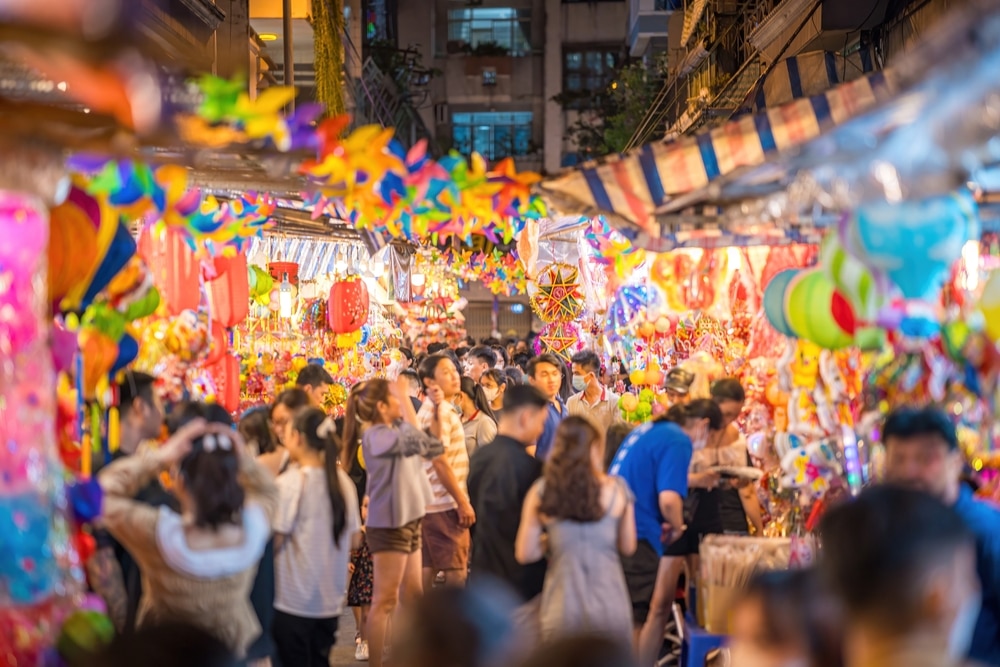
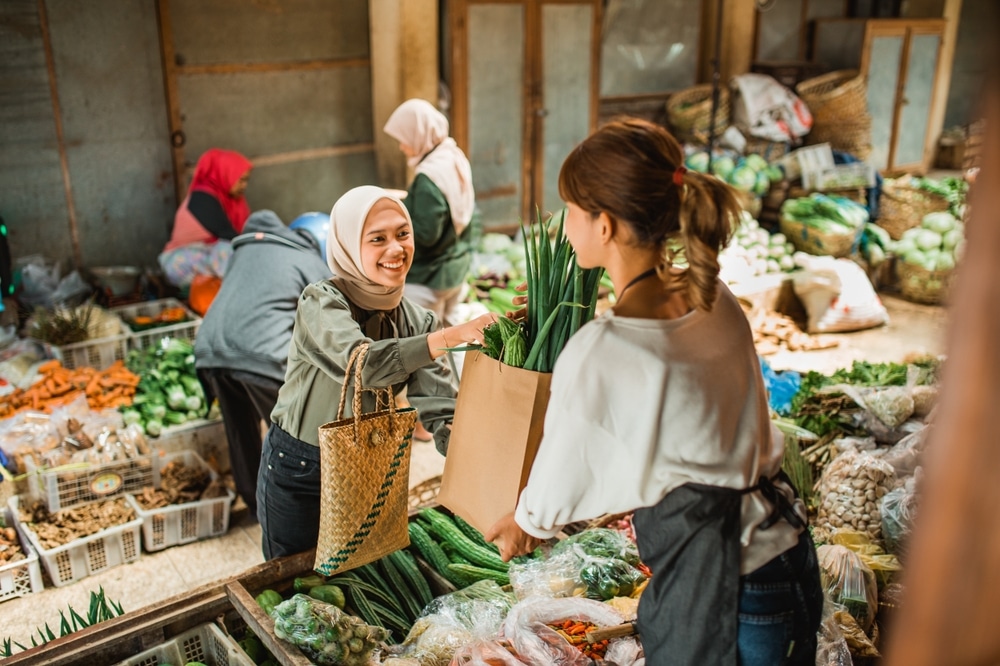
Traditional markets are more than just places to buy and sell goods; they are social spaces where people come together to connect with their community. These markets serve as gathering places where locals meet to exchange news, share stories, and build relationships. Whether you’re haggling over prices with a vendor, chatting with a shopkeeper about the best local produce, or joining in a communal meal at a market stall, traditional markets offer a unique opportunity to engage with the local culture and people.
Participating in the social life of a traditional market allows you to experience the warmth and hospitality of the community, to learn about their customs and traditions firsthand, and to create lasting memories with new friends. Whether you’re attending a local festival at the market, participating in a traditional craft workshop, or simply enjoying a cup of tea with a vendor, markets provide a welcoming environment where everyone is invited to be part of the community.
Traditional markets play a crucial role in preserving cultural heritage and promoting sustainability. By supporting local artisans, farmers, and vendors, these markets help to maintain traditional crafts and agricultural practices that might otherwise be lost. They also offer a more sustainable alternative to mass-produced goods and industrial agriculture, promoting the use of local resources and reducing the environmental impact of transportation and packaging.
Many traditional markets have embraced sustainable practices, offering organic produce, fair trade goods, and eco-friendly products. By shopping at these markets, visitors can support local economies, reduce their environmental footprint, and contribute to the preservation of cultural traditions. Whether you’re buying handmade pottery at a Mexican market, choosing fresh vegetables from a French farmers’ market, or selecting spices from an Indian bazaar, your purchases help to sustain the local community and promote a more sustainable way of life.
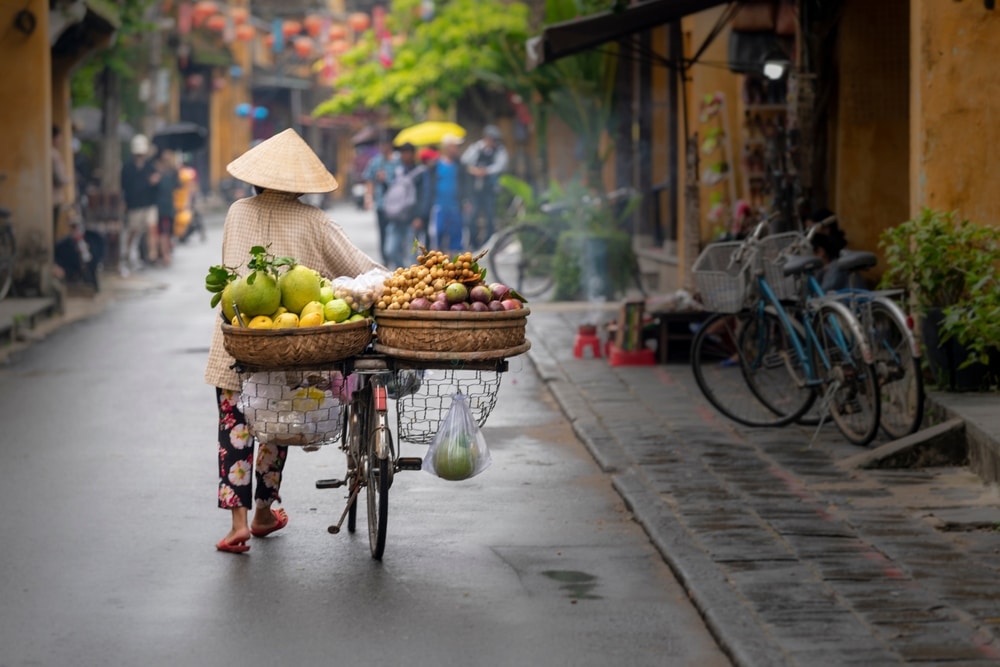
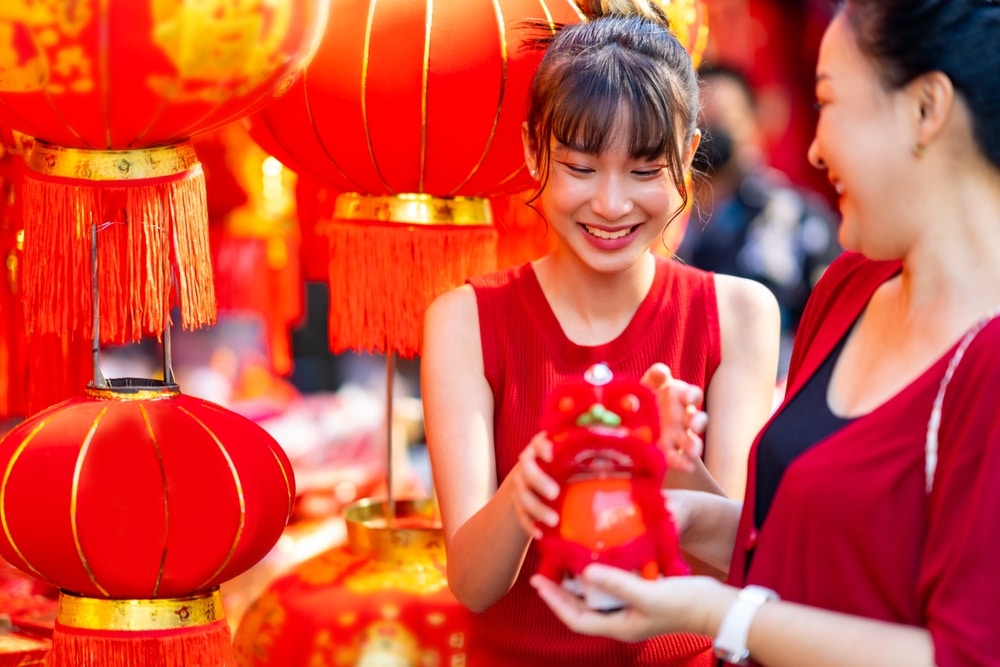
Traditional markets are a celebration of the diversity and creativity of human culture. Each market is a reflection of the unique traditions, tastes, and talents of the community it serves. Whether it’s the intricate beadwork of a Maasai market, the bold flavors of a Thai night market, or the vibrant textiles of a Guatemalan market, traditional markets showcase the creativity and ingenuity of local artisans and producers.
Exploring a traditional market is an opportunity to discover the unique products and crafts that define a region’s identity. Whether you’re searching for a one-of-a-kind piece of jewelry, sampling a local delicacy, or admiring the craftsmanship of a handmade rug, traditional markets offer a treasure trove of cultural riches. These markets not only provide a space for creativity to flourish but also offer a platform for cultural exchange, where visitors can learn about and appreciate the diversity of human culture.
Traditional markets are among the most cherished and vibrant expressions of culture and community. They are places of commerce, connection, and creativity, where the rich tapestry of human experience is woven into the fabric of everyday life. Whether you’re exploring the bustling bazaars of the Middle East, wandering through the colorful markets of Latin America, or navigating the lively street markets of Asia, traditional markets offer experiences that are both enriching and inspiring.
In a world that is increasingly globalized and connected, traditional markets provide a vital link to the roots of culture, reminding us of the importance of preserving these traditions for future generations. They are places where we can celebrate the diversity of human experience, learn from one another, and come together in a spirit of community and shared experience. So, whether you’re planning your next cultural adventure or simply seeking to experience the world through the eyes of others, let the traditional markets of the world guide you on a journey of exploration, discovery, and connection.
